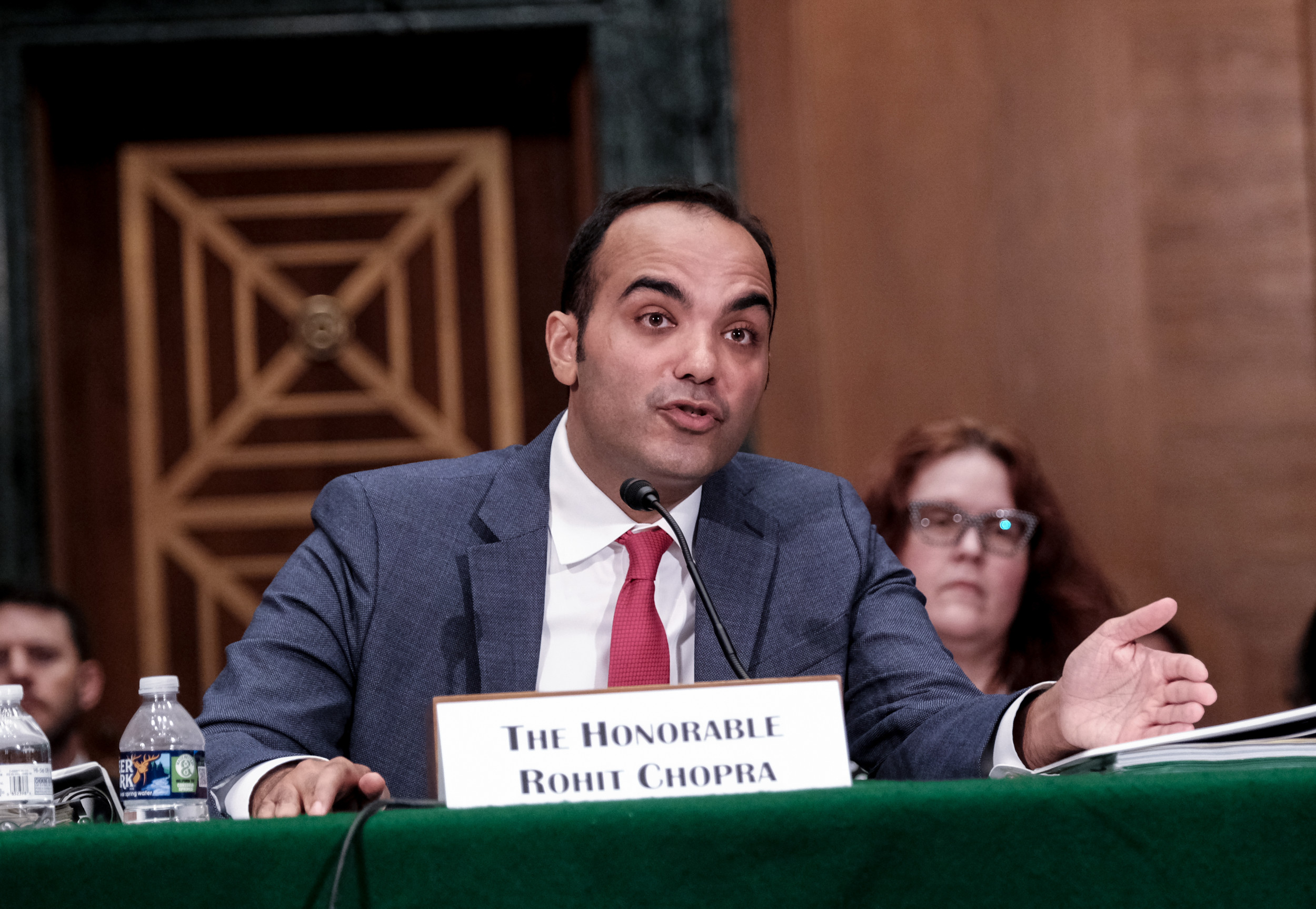Late last month, Senators Chuck Schumer, Cory Booker, and Ron Wyden released the Cannabis Administration and Opportunity Act (CAOA), a long-awaited bill that would legalize and commercialize marijuana nation-wide. However, to the surprise and embarrassment of the marijuana industry, the bill was released to little fanfare. In fact, it was met with fierce resistance from opponents concerned about the growing influence of Big Marijuana and the consequences of normalizing marijuana.
After months of speculation, nearly a year after the release of a discussion draft of the bill, and repeated promises that the final bill would come soon, the CAOA was a dud.
The Senate Majority Leader, who labeled marijuana a priority two years ago, did not even hold a press conference, a standard procedure for garnering support and attention for preferred legislation. Senator Booker was silent on the bill, as was Senator Wyden. With few exceptions, the sponsors did not speak to the media about it, perhaps signaling their hesitance to answer questions about its inevitable public health consequences.
The marijuana issue is unlikely to be politically beneficial for Democrats, despite some legalization advocates arguing that it will have a "coattail effect" in the coming midterm election. Their argument is that additional pro-marijuana voters will turn out when marijuana is on the ballot, boosting like-minded candidates. However, FiveThirtyEight found that the evidence is less conclusive, writing that any potential electoral effect from marijuana is "small and fairly neutral."
Even if some voters wanted to see legalization pass, the relative importance of marijuana pales in comparison to a multitude of other issues. Americans are rightly more focused on issues impacting their bank accounts. Yet pro-marijuana officials chose to use their limited legislative bandwidth to introduce a bill that has no chance of passing.

On its merits, the CAOA leaves much to be desired. While it does have a few public health provisions, such as prohibiting advertising to minors, it fails to address the numerous problems seen in states that have legalized marijuana, including bustling illicit market activity, increases in use among vulnerable populations and youth, and long-term effects on public health. The bill's public health provisions also lack serious enforcement measures; many of them are either optional or leave it up to the industry to self-regulate.
Thanks to spirited opposition from Smart Approaches to Marijuana—a nonpartisan group I lead—and grassroots organizations across the country, the bill's provisions were quickly refuted.
For instance, despite an unprecedented increase in the potency of marijuana, which is linked to addiction and mental health issues, the CAOA does not instill a potency cap, a reasonable policy implemented in numerous states. In Colorado, following legalization, the potency of "flower" marijuana increased from 14 percent THC in 2014 to 19.2 percent in 2020––vapes now average 79.7 percent. Daily use of marijuana above 10 percent THC increases the risk of developing psychosis by nearly five times. Users of high-potency marijuana also face a "four-fold increased risk of addiction." The CAOA would harm the mental health and well-being of millions of Americans and allow the industry to continue pushing increasingly potent products.
Additionally, the discussion draft of the CAOA included provisions for studying the effects of marijuana on the workplace. But knowing that increases in use result in more marijuana-related accidents and decreased productivity, the industry's lobbyists removed this provision from the bill. Far from advancing public health or improving public safety, the CAOA is singularly focused on commercializing marijuana and ushering in the next addiction-for-profit industry.
Given that the MORE Act, which would have legalized marijuana, and the SAFE Banking Act both stalled in the Senate, this latest attempt with the CAOA has no chance of passing or being signed into law by President Joe Biden, who opposes marijuana legalization. Even so, it illustrates the marijuana industry's ability to influence the policymaking process. This should be a concern for all Americans, given that we've seen this movie before with Big Tobacco and Big Alcohol. Let's not be fooled yet again.
Dr. Kevin Sabet is a former senior drug policy advisor to the Obama administration and currently serves as president of Smart Approaches to Marijuana. His latest book, Smokescreen: What the Marijuana Industry Doesn't Want You to Know, was published on April 20 by Simon & Schuster and is available everywhere books are sold.
The views expressed in this article are the writer's own.
Uncommon Knowledge
Newsweek is committed to challenging conventional wisdom and finding connections in the search for common ground.
Newsweek is committed to challenging conventional wisdom and finding connections in the search for common ground.





